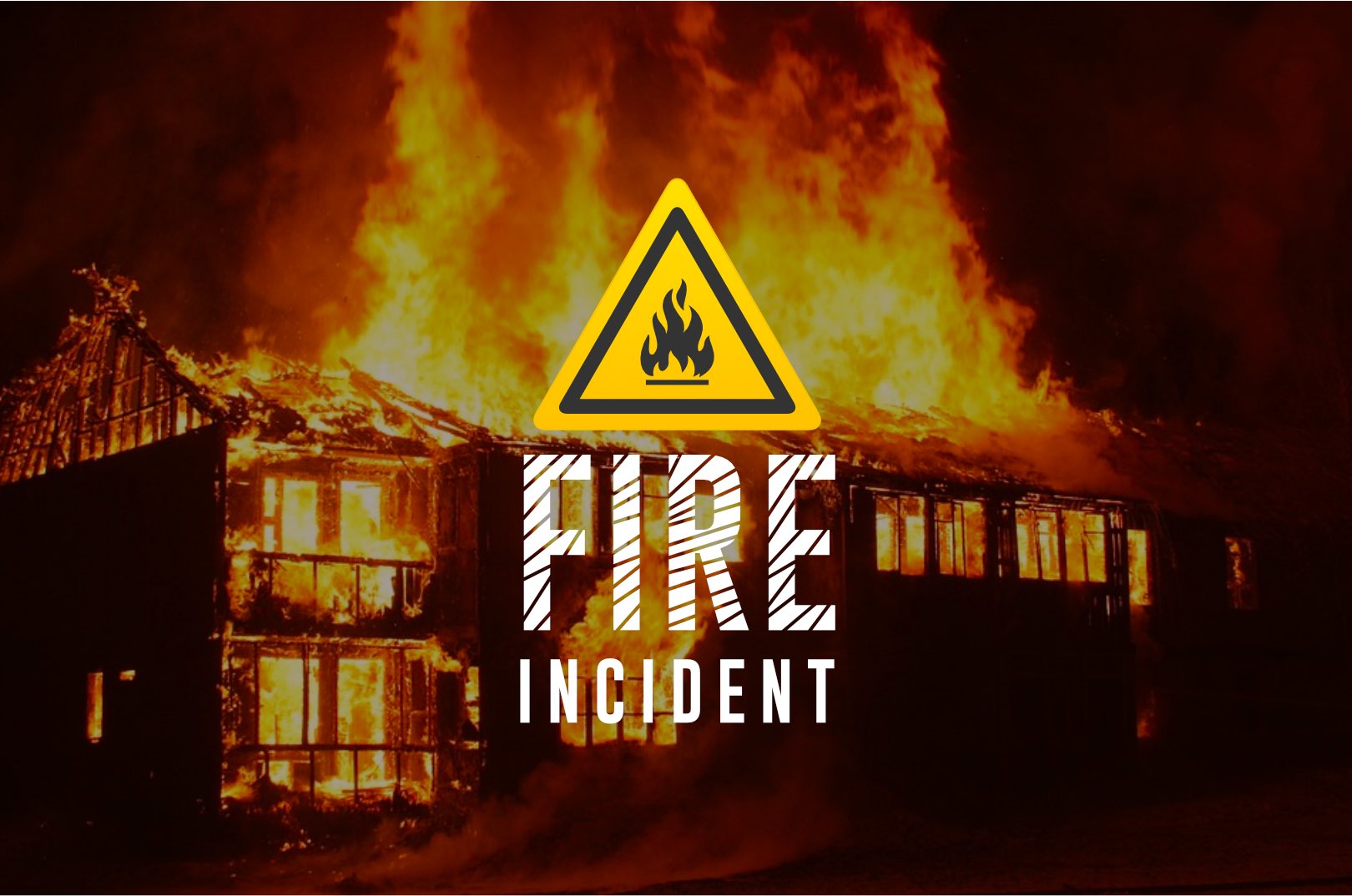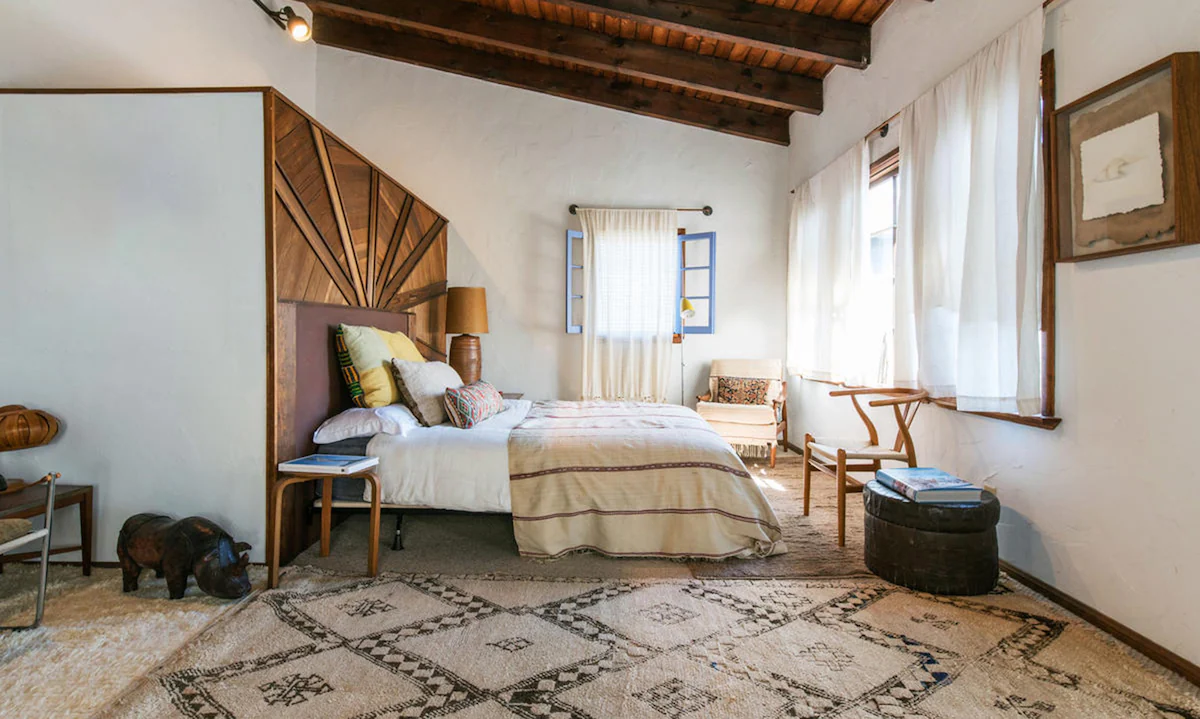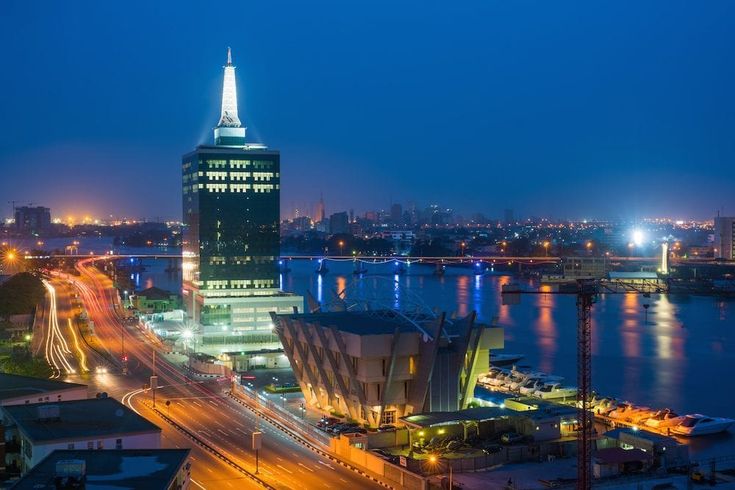The short-term rental industry, led by platforms like hostel.ng and other alternatives within has transformed travel and accommodation in Nigeria, especially in major cities like Lagos, Abuja, and Port Harcourt.
However, with this growing trend comes the responsibility for hosts to ensure their properties are safe and compliant with local regulations. This article will guide you through the critical steps every Nigerian host must take to navigate local regulations, ensure guest safety, and ultimately build trust through compliance.
How to Ensure Your Short-Term Rental Meets Compliance Standards
Before listing your property on any platform, understanding and adhering to local regulations is crucial. I understand that a Nigerian apartment owner most likely would think this isn’t for me, but
compliance is not just about following the rules; it’s about protecting your business from potential fines, lawsuits, destructions or even shutdowns by local authorities. So, if you love your business, you might want to stay a little longer.
In Nigeria, regulations for short-term rentals vary depending on the state or local government area (LGA) where your property is located. For instance, Lagos State has specific zoning laws that dictate where short-term rentals can operate, and certain LGAs require permits for properties listed on platforms like temporary housing platforms. Additionally, tax compliance, including the payment of VAT, is becoming increasingly important for short-term rental operators in Nigeria.
How to Stay Compliant:
- Know about Local Laws:
Start by visiting the website of your state or LGA or consult with a legal expert familiar with Nigerian property laws. Make sure you understand what is required of you as a host in your specific area.
- Obtain Necessary Permits:
If your state or LGA requires permits or licenses to operate a short-term rental, ensure you have these in place before listing your property. In Lagos, for example, permits from the Lagos State Building Control Agency (LASBCA) might be necessary.
- Stay Updated:
Regulations can change, especially as the short-term rental market in Nigeria evolves. Stay informed about any new laws or tax obligations that might affect your rental.
Short-Term Rentals and compliance Measures to Ensure Guest Safety
After navigating local regulations, the next critical step is to focus on safety. In Nigeria, ensuring guest safety is not just a legal obligation but a key factor in the success of your rental property.
You can’t do good business renting out apartments without safety measures. It’s a danger to you, and to that guest. Here are some key safety measures.
Provide Fire Extinguishers:

Given the prevalence of fire-related incidents in Nigerian homes. A kitchen mistake might happen, or a spark from somewhere. It’s better safe than to bite fingers. Having a fire extinguisher would be a good resource to be in the home.
Create a Safety Guide:
Provide your guests with a clear safety guide that includes emergency contact numbers (such as local emergency services and your property manager’s number), instructions for using safety devices, and evacuation routes.
This is highly needed particularly for big apartments with many doors and switches. Having an easy-to-read layout placed in a location where it can be easily accessible will be required.
Install Smoke and Carbon Monoxide Detectors:
Again, if your apartment is gigantic, you probably will need this. Although this is not yet mandated in all parts of Nigeria, these safety devices are essential for protecting guests from fire hazards and carbon monoxide poisoning.
Short-Term Rentals and the importance of fire safety
Fire safety is particularly important in Nigeria, where fire outbreaks can be frequent due to factors like power surges, generator use, and substandard electrical installations. Compliance in this area is essential for protecting your property and your guests.
In Nigeria, fire incidents can be devastating, often leading to loss of life and property. As a host, prioritizing fire safety not only protects your guests but also reduces your liability in the event of an incident.
Building Trust with Guests: How Safety and Compliance Impact Your Rental’s Reputation
In Nigeria, where word-of-mouth and online reviews are highly influential, safety and compliance are not just about following the law—they’re about building trust with your guests. A well-maintained, compliant property reassures guests that their safety is your top priority, which can significantly impact your rental’s reputation.

Why Trust Matters:
- Positive Reviews:
Every guest values safety and wants an accommodating environment. If you can provide this, you’re likely get a positive review. Positive reviews lead to more bookings, especially in a competitive market like Lagos or Abuja.
Hint: It is also important you’re a friendly neighbor, it is good for business. Read here on how to be a friendly neighbor.
- Increased Bookings:
A reputation for safety and compliance makes your property more attractive to potential guests, particularly families and business travelers who prioritize safety.
- Long-Term Success:
Consistently prioritizing safety and compliance builds a strong, positive reputation. This is essential for long-term success in Nigeria’s growing but competitive short-term rental market.
Conclusion
Navigating the complexities of safety and compliance in Nigeria’s short-term rental industry can be challenging, but it is essential for the success of your property. By understanding local regulations, implementing key safety measures, focusing on fire safety, and building trust with your guests, you can ensure your rental is not only compliant but also a top choice for travelers.
In an industry where reputation is everything, especially in a diverse and dynamic market like Nigeria, prioritizing safety and compliance is the key to standing out from the competition and ensuring your guests have a safe, enjoyable stay.
In search of a safe and accommodating apartment here in Lagos? Check out our available rooms Here


